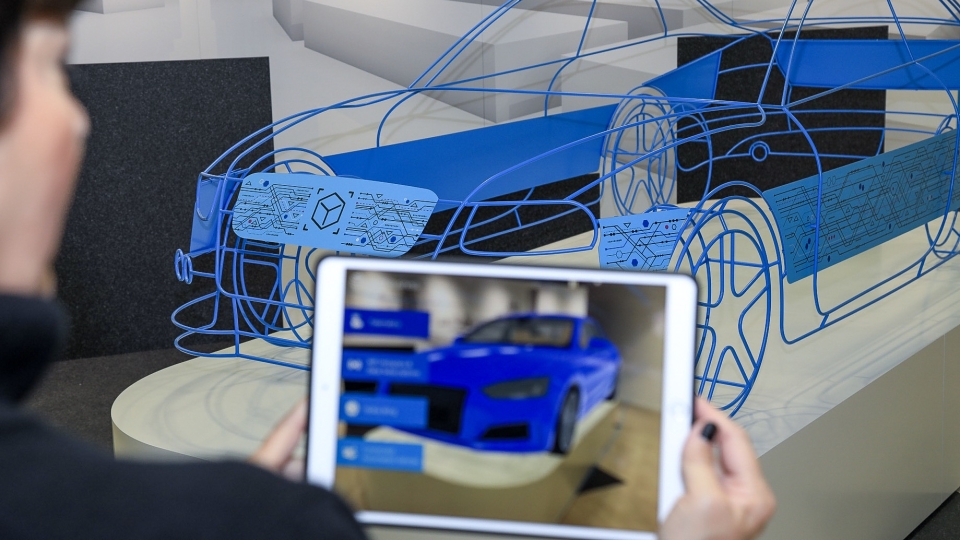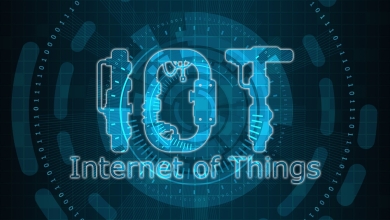
AT&T and Nokia have a new IoT Innovation Studio in Germany. The lab aims to tap into the benefits of IoT connectivity to help solve business problems and act as an innovation hub.
From connected cars and factories, to video analytics and future 5G-enabled applications, the lab will show both current capabilities and the future of solutions, it says. The studio aims to also act as a hub for the next generation of innovators. Bringing together the right skills, expertise and advanced technology, AT&T and Nokia’s intention is to form close bonds with schools, universities and the wider European technology ecosystem to generate ideas for future IoT applications across multiple industries and sectors.
The studio aims to allow companies to see first-hand how IoT solutions can solve global business problems. For example, they can experience how technology can improve asset management and tracking, as well as offer predictive maintenance for equipment and connected fleets.
Aiming to be more than just a demo space, it says, the studio will provide an opportunity for businesses to meet with experts and collaborate on solutions to global business challenges. From design to engineering to product development, a local team of experts from AT&T and Nokia will help customers with solutions that can improve operations, provide better data analytics and, in many cases, lower business costs.
“Some of the world’s largest manufacturers, car makers and financial services companies are located within a few hours of Munich”, said Chris Penrose, Senior Vice President of AT&T’s Advanced Mobility and Enterprise Solutions group. “Our doors and minds are open to working with customers and the wider European and global developer network to tap into the huge benefits of IoT connectivity.”
“Nokia’s Worldwide IoT Network Grid (WING) offers AT&T’s enterprise customers the benefits of Nokia’s global IoT ecosystem,” said Sanjay Goel, President of Global Services at Nokia. “These include core network, dedicated IoT operations, billing, security, data analytics, and more. The collaboration will help set the stage for the evolution to global 5G and network slicing that allows a single network to be partitioned into multiple networks and deliver specific capabilities to certain IoT customers without impacting their entire network.”


